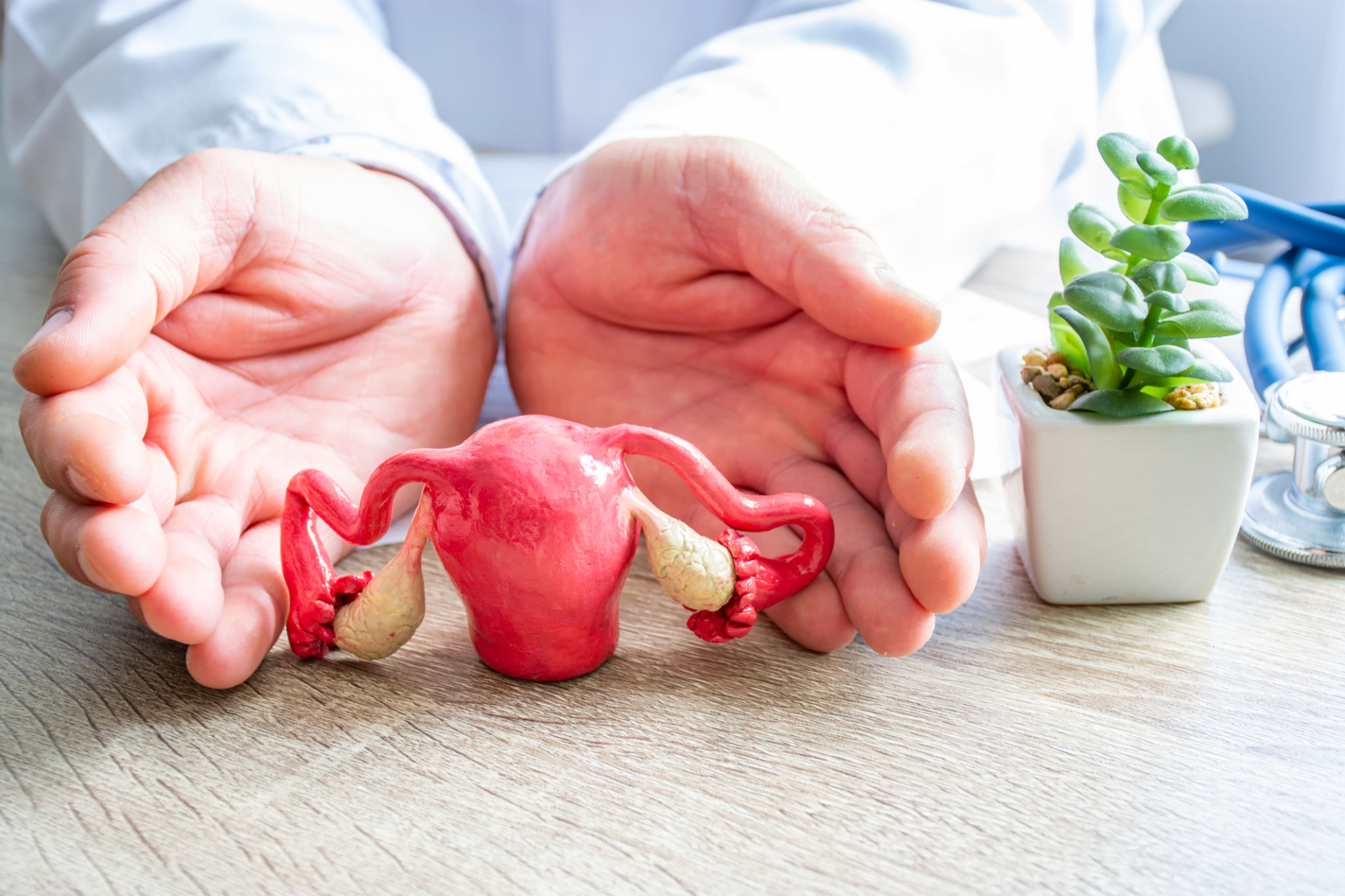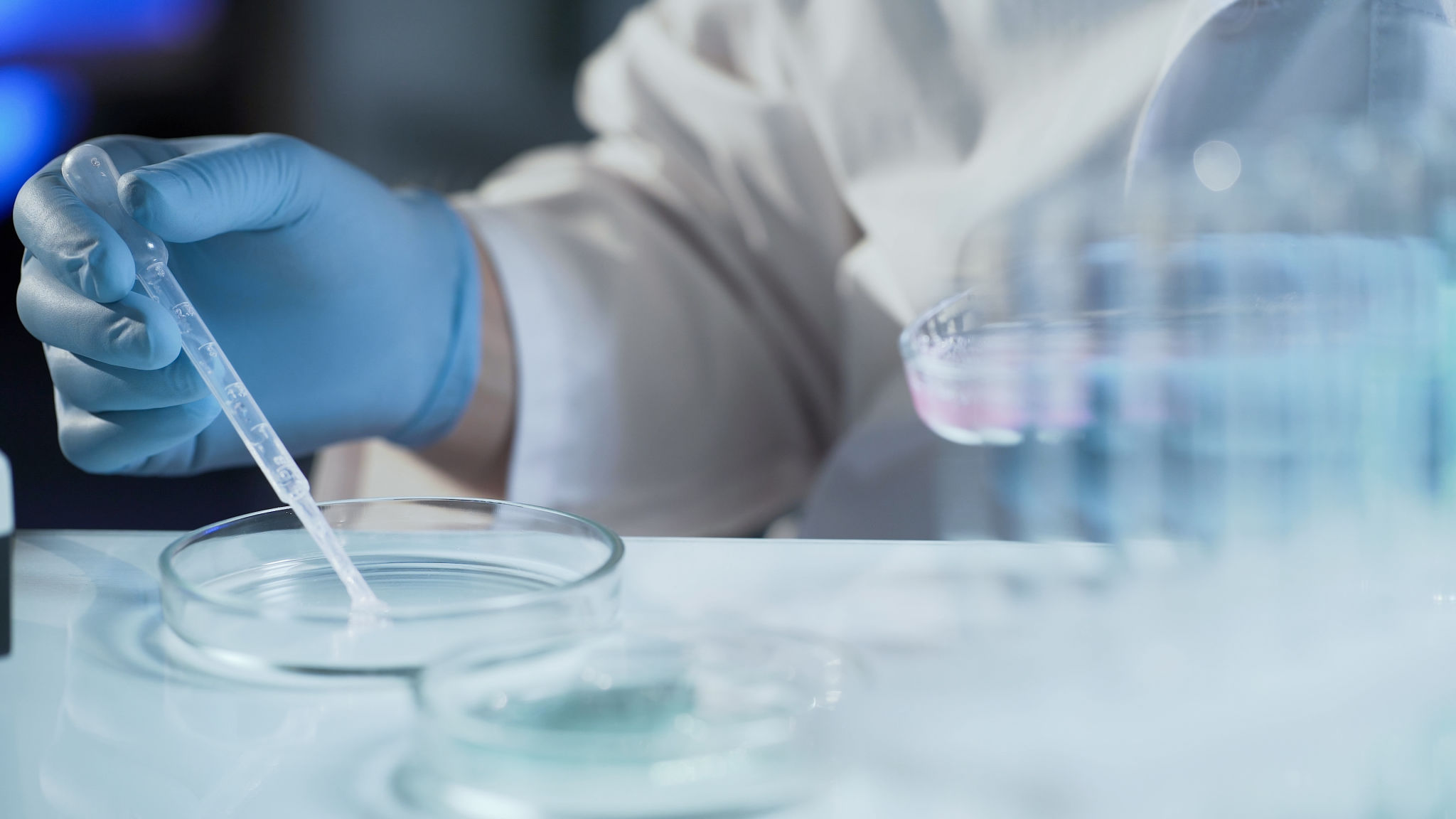Understanding the Egg Donation Process: A Comprehensive Guide for Prospective Parents
Understanding Egg Donation
Egg donation is a remarkable option for individuals and couples who are unable to conceive naturally. This process involves a donor providing her eggs, which can then be fertilized and implanted into the recipient. It offers hope and potential for those struggling with infertility, allowing them to experience the joys of parenthood.

The Initial Steps
For prospective parents considering egg donation, the journey begins with choosing the right fertility clinic or agency. It's crucial to select an organization with a proven track record and positive reviews from previous clients. Most clinics provide consultations where you can discuss your needs, expectations, and any concerns you might have about the process.
Once you've chosen a clinic, you'll typically undergo a series of evaluations. These assessments aim to ensure that egg donation is a suitable option for you and often include health screenings, psychological evaluations, and financial planning sessions. It's important to be fully informed and prepared before moving forward.
Selecting an Egg Donor
The next phase involves choosing an egg donor. Clinics offer access to a donor database where various profiles are available for review. These profiles generally include information about the donor's physical characteristics, educational background, medical history, and personal interests.

Some intended parents prioritize genetic similarities, while others may focus on the donor's health history or lifestyle. It's a personal decision, and many find it helpful to work with a counselor or specialist to navigate this stage.
The Egg Retrieval Process
Once a donor is selected, she will begin a cycle of fertility treatments to stimulate egg production. These treatments are carefully monitored by medical professionals to ensure safety and efficacy. When the eggs are mature, they are retrieved in a minimally invasive procedure performed under sedation.
The retrieved eggs are then fertilized with sperm in a laboratory setting, creating embryos. This step is known as in vitro fertilization (IVF). The embryos are monitored for several days before being transferred into the recipient's uterus.

Embryo Transfer and Pregnancy
The embryo transfer is a straightforward procedure that does not require anesthesia. The chosen embryo(s) is placed into the recipient’s uterus using a thin catheter. Following this procedure, there is a waiting period to confirm pregnancy through blood tests and ultrasounds.
If successful, the recipient will carry the pregnancy to term, experiencing all the joys and challenges of pregnancy and childbirth. Throughout the process, ongoing medical support and counseling are crucial to address any emotional or physical concerns.
Legal and Ethical Considerations
It's important to be aware of the legal aspects surrounding egg donation. Laws vary by region, so consulting with a legal expert specializing in reproductive law is advisable. This ensures that all parties are protected and that the process complies with local regulations.

Ethical considerations are also significant in egg donation. Transparency and honesty are key components of the donor-recipient relationship. Open communication helps build trust and ensures that all involved parties are comfortable with the arrangements made.
Conclusion
Egg donation is a complex but rewarding journey for many prospective parents. By understanding each step of the process—from selecting a clinic to embryo transfer—intended parents can make informed decisions that align with their hopes and values. With advances in medical science and supportive legal frameworks, egg donation continues to be a viable path to building a family.
